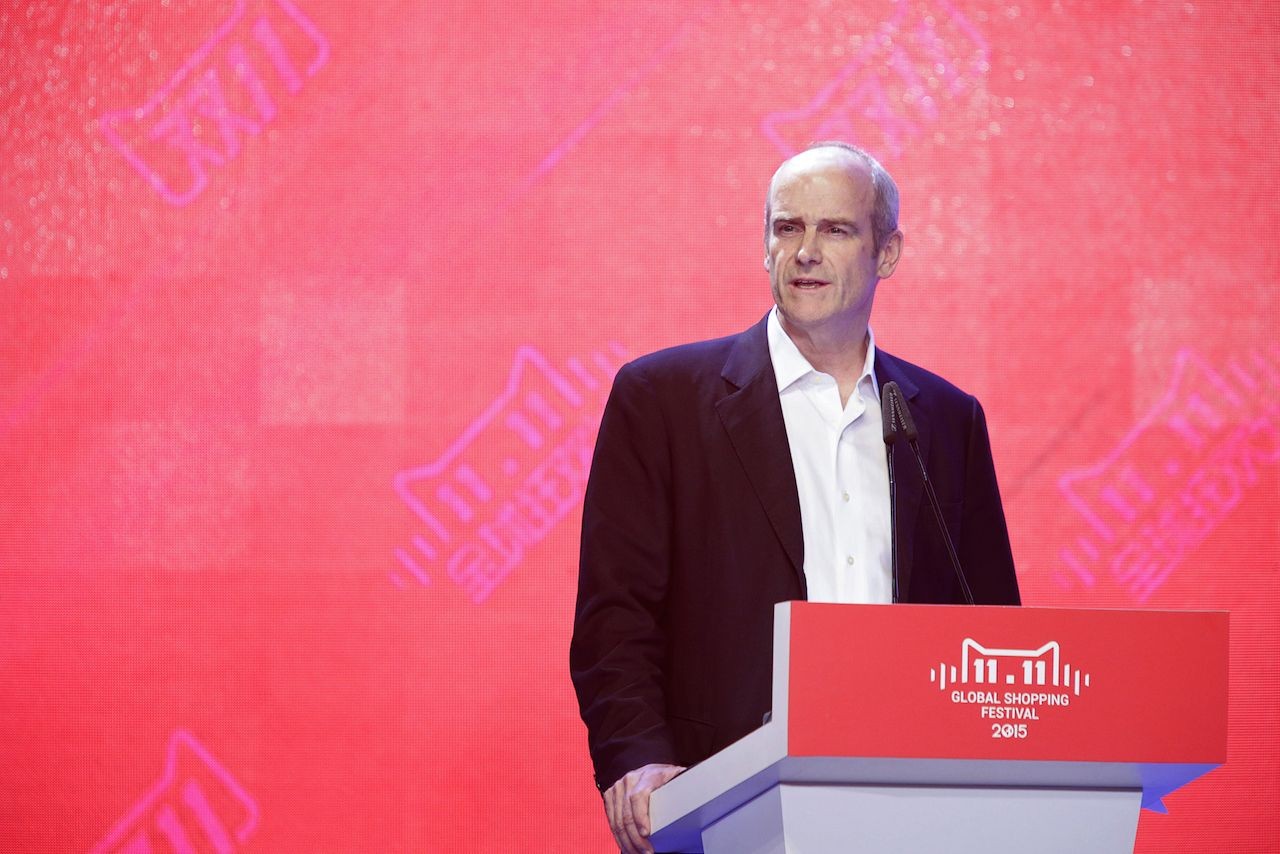China’s e-commerce giant Alibaba has expanded on its “New Retail” model yet again in China, this time in the home décor industry. Just weeks after reports said Alibaba was to launch “More Mall” next year, a space that integrates e-commerce with a brick-and-mortar shopping experience in Hangzhou, where the company’s headquarters are located, Alibaba unveiled how an investment and big data technology can transform a furniture store with Home Times.
At first glance, the store might look like an IKEA or Japan’s Muji, but the reality is that the Hangzhou-based space is equipped with digital technologies that allow shoppers to experience the integration of online and offline shopping conveniently in one space.
Home Times is stocked with more than 20,000 products, including kitchen goods, stationery, travel supplies and furniture, and most of these items are sourced from merchants that already have Tmall shops. All of the products can be bought with the scan of a QR code, using a data system that tracks user preferences and behaviors. Compared to the average store, this data system can let the stockists know which items are most popular and need to be reordered more quickly. Plus, unlike the more traditional furniture store, which takes up a large amount of space with its showrooms, Home Times features virtual furniture displays, giving the retailer more flexibility when stocking the store.
While shoppers have yet to see a “Home Times version” of new retail in a brick and mortar luxury home décor space like Hermès-backed Shang Xia, it might only be a matter of time. Liu Xiuyun, the head of Tmall’s fashion unit, said in a statement in August, “Luxury brands increasingly want to use new retail technology and consumer insights to connect with younger consumers, as well as drive business-model innovation.”
Alibaba is already offering omnichannel strategies in the luxury sector in other ways. While traditionally brands have been slow to adopt e-commerce strategies in fear of losing exclusivity and competition with counterfeit products, Shang Xia launched its Tmall store in the spring.
Since first announcing its “new retail” strategy earlier this year, Alibaba has been exploring how it can operate across multiple sectors, through investments in a supermarket chain and two major Chinese department stores, as well as an international brand looking to improve its China business: European hardware store Bamp;Q. The traditional brick and mortar DIY store saw a turnaround in sales in China after working with Alibaba to launch a Tmall shop.


